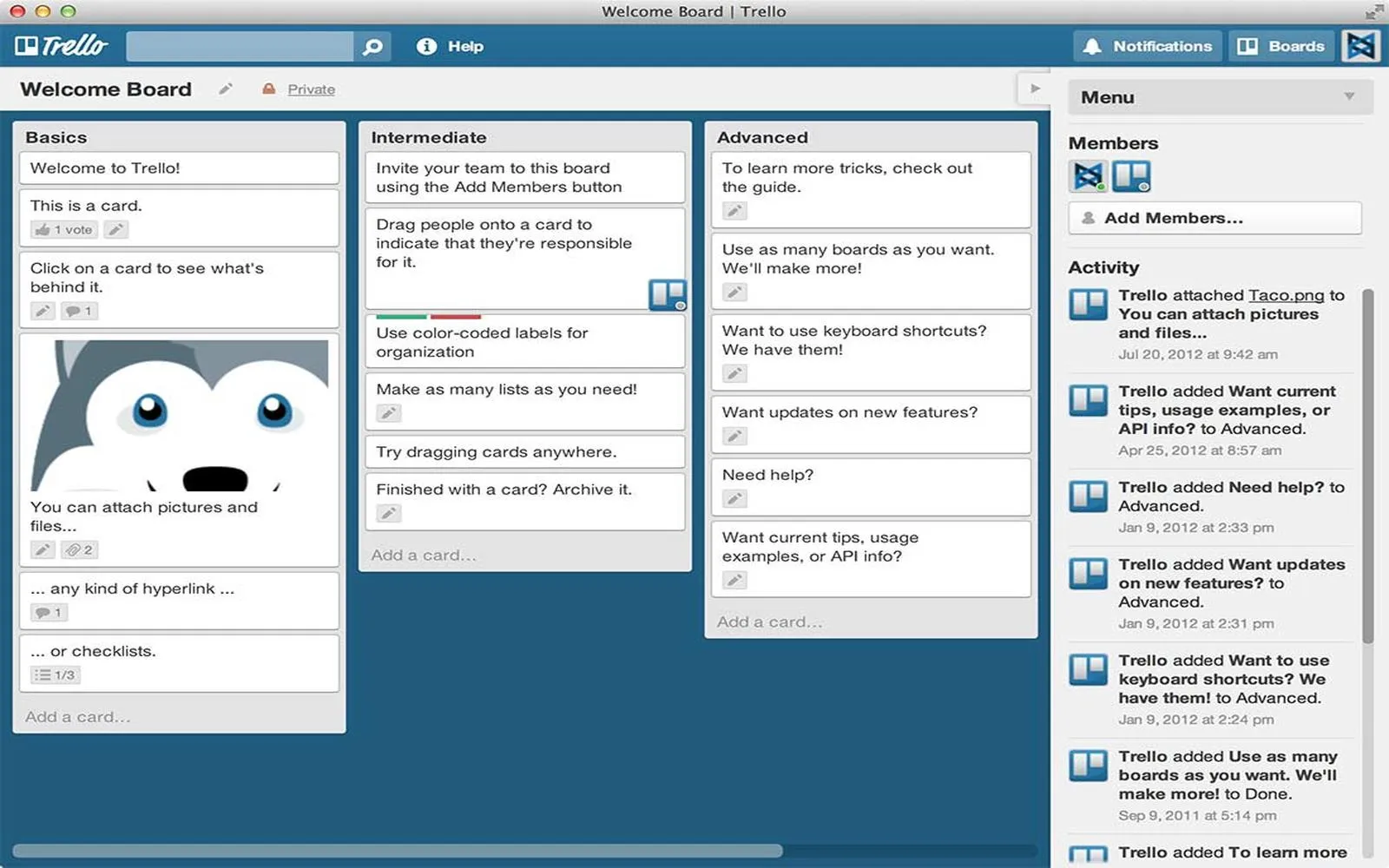As the world adapts to remote work, it's essential to consider the lessons we can learn from preschoolers. Young children are naturally adept at collaboration, creativity, and flexibility. By analyzing their play patterns and social interactions, we can glean valuable insights into making the most of our remote working environments. Here, we explore key takeaways from preschoolers that can help us adjust to the challenges of working from home.
1. Embrace Playfulness
Preschoolers approach learning and interaction with a sense of play. They are not afraid to experiment, make mistakes, and learn from them. In the context of remote work, adopting a playful mindset can help alleviate stress and encourage creativity.
When brainstorming ideas or tackling problems, consider incorporating fun activities or games into your meetings. This approach can stimulate creativity and foster collaboration among team members. The goal is to create a work environment that feels less rigid and more engaging.
2. Foster Open Communication
Children communicate openly and honestly. They express their thoughts and feelings without hesitation. In remote work, establishing a culture of open communication is crucial for collaboration and productivity.
Encourage team members to share their ideas and concerns freely. Utilize tools like video calls, instant messaging, and collaborative platforms to ensure that everyone feels connected and heard. Regular check-ins can also help maintain a sense of community and transparency.
3. Adapt and Overcome
Preschoolers are incredibly adaptable. When faced with a challenge, they quickly find alternative solutions. This adaptability is a vital skill in remote work, where unforeseen circumstances can arise.
To cultivate adaptability in your team, promote a growth mindset. Encourage team members to view challenges as opportunities for growth and exploration. This mindset can lead to innovative solutions and a more resilient work culture.
4. Collaborate in Groups
Young children often work in groups, learning the value of teamwork and collaboration. They understand that combining their strengths leads to better outcomes. In remote work, collaboration tools can facilitate group efforts, allowing teams to work together seamlessly.
Utilize project management software and collaborative platforms to keep everyone on the same page. Set clear roles and responsibilities, and encourage team members to support each other in achieving common goals. Collaboration can lead to enhanced creativity and problem-solving capabilities.
5. Celebrate Small Wins
Preschoolers celebrate their achievements, no matter how small. This celebration fosters a positive atmosphere and encourages continued effort. In a remote work environment, recognizing and celebrating small victories can boost morale and motivation.
Implement a system to acknowledge individual and team accomplishments regularly. This could be through shout-outs in meetings, a dedicated channel for sharing wins, or even small rewards. Celebrating progress can help maintain enthusiasm and engagement among team members.
6. Create a Structured Routine
Children thrive on structure and routine. A consistent schedule helps them feel secure and focused. In remote work, establishing a routine can enhance productivity and create a sense of normalcy.
Encourage your team to set daily schedules that include dedicated work hours, breaks, and time for collaboration. This structure can help maintain work-life balance and prevent burnout. When team members have a clear routine, they are more likely to stay focused and motivated.
7. Encourage Creativity
Preschoolers are naturally creative, often engaging in imaginative play. Fostering creativity in a remote work setting can lead to innovative ideas and solutions. Create an environment that encourages creative thinking by providing opportunities for brainstorming and exploration.
Hold regular creative sessions where team members can share ideas, experiment with new approaches, and think outside the box. This practice can lead to breakthroughs that may not happen in a more conventional work setting.
8. Build Strong Relationships
Friendship and social connections are crucial for preschoolers. They learn to cooperate and empathize with one another, forming strong bonds. In remote work, building relationships is equally important for fostering collaboration and teamwork.
Encourage team-building activities, virtual coffee breaks, or informal gatherings to strengthen connections among team members. Building a supportive community can enhance collaboration and create a positive work culture.
Conclusion
By observing preschoolers, we can uncover valuable lessons about collaboration, creativity, and adaptability that are essential for thriving in remote work environments. Embracing playfulness, fostering open communication, and celebrating achievements can help create a productive and positive remote work atmosphere. Let’s take a page from the preschool playbook and collaborate like kids—after all, there’s much we can learn from their straightforward approach to teamwork.
| Key Learnings from Preschoolers | Application in Remote Work |
|---|---|
| Embrace Playfulness | Incorporate games and fun into meetings |
| Foster Open Communication | Encourage sharing of thoughts and feelings |
| Adapt and Overcome | Promote a growth mindset |
| Collaborate in Groups | Utilize collaborative tools and software |
| Celebrate Small Wins | Acknowledge individual and team achievements |
| Create a Structured Routine | Encourage daily schedules and breaks |
| Encourage Creativity | Hold brainstorming and creative sessions |
| Build Strong Relationships | Facilitate team-building activities |





